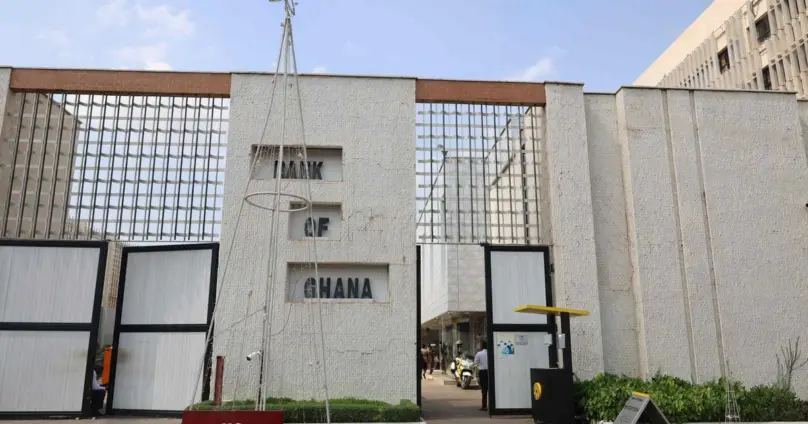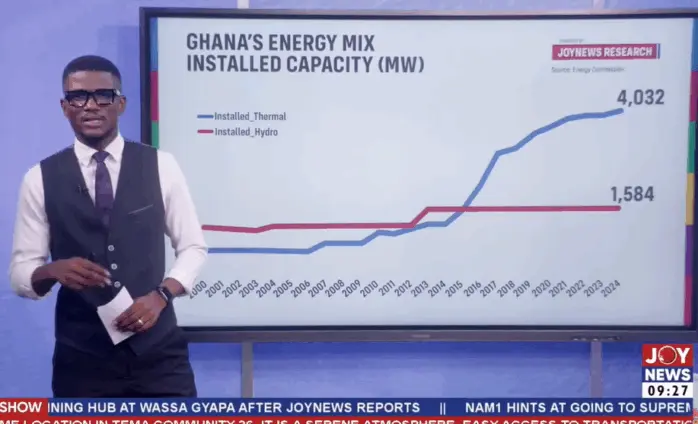Relief washed over Ghana this week as drivers filled their tanks. Fuel prices across the nation are experiencing a welcome decline, a change poised to ease the financial burden on both individual consumers and businesses. According to the latest Pricing Outlook from the Chamber of Oil Marketing Companies (COMAC), this significant drop in **fuel prices Ghana** is primarily attributed to the appreciation of the Ghanaian Cedi against the US dollar, offering a much-needed respite in the face of persistent economic challenges.
The reduction promises to have a ripple effect, impacting transportation costs and potentially easing inflationary pressures. Let’s delve into the specifics of this price decrease, the factors driving it, and what it signifies for the average Ghanaian navigating daily life.
The numbers paint a clear picture of the relief consumers can expect at the pump. Petrol prices are projected to decrease by between 6.7% and 8.8% per liter. This could see petrol sold for as low as GH₵13.27 per liter, a welcome change from recent highs. Diesel prices are also following this downward trend, with an anticipated decrease of between 4% and 6% per liter, potentially bringing the cost down to GH₵14.40 or lower. Liquefied Petroleum Gas (LPG), a crucial fuel for many households and businesses, is also set to become more affordable, with prices expected to settle around GH₵16 per kilogram, representing a 5.3 percent decrease.
COMAC reports that these figures represent a substantial shift in the market, providing tangible benefits to consumers who have been grappling with escalating fuel costs for months. The confluence of factors has created a more favorable environment for **fuel prices Ghana**, offering some breathing room for household budgets and business operations alike.
The primary catalyst behind these price reductions is the strengthening of the Ghanaian Cedi against the US dollar. Between May 1 and May 15, 2025, the Cedi experienced a notable appreciation, moving from GHS14.27 to GHS12.45 against the dollar. As COMAC noted, “Between May 1 and May 15, 2025, the Ghanaian cedi appreciated significantly against the US dollar, strengthening from GHS14.27 to GHS12.45, a gain of approximately 12.8%”. This appreciation plays a crucial role in reducing the cost of importing fuel, as Ghana, like many countries, relies on international markets to meet its petroleum needs. When the Cedi is stronger, it takes fewer Cedis to purchase the same amount of US dollars, thereby lowering the cost of imported goods, including fuel.
Beyond the Cedi’s performance, other factors have also contributed to the downward adjustment in fuel prices. A decline in global crude oil prices, coupled with a decrease in the prices of finished petroleum products on the international market, has further amplified the positive impact on domestic fuel costs. This combination of factors has created a perfect storm of price reductions, benefiting Ghanaian consumers across the board.
This recent decrease marks the 5th consecutive window of decreasing **fuel prices Ghana**, indicating a sustained downward trend in the petroleum market. Previous reductions saw petrol prices decrease by 0.34%, LPG by 2.70%, and gasoil by 3.54%. This consistent decline since February 2025 reflects a broader shift in market dynamics and provides a degree of stability after a period of significant price volatility.
Oil Marketing Companies (OMCs) are responding to these market changes with adjustments to their prices at the pump. GOIL, a leading OMC in Ghana, has already announced significant price reductions, offering petrol at GH₵13.32 per liter and diesel at GH₵13.91. Notably, this marks the 7th consecutive time that GOIL has reduced prices since February 2025, demonstrating a commitment to passing on the benefits of lower import costs to consumers.
However, the Ghana Private Road Transport Union (GPRTU) has expressed concerns that the current reductions are insufficient to warrant a decrease in transport fares. While the GPRTU acknowledges the drop in **fuel prices Ghana**, they argue that other factors, such as vehicle maintenance costs, labor expenses, and spare parts prices, continue to exert upward pressure on transport fares. This highlights the complex interplay of factors that influence transportation costs and underscores the ongoing debate about how best to balance the needs of commuters and transport operators.
In summary, the recent drop in fuel prices, driven by the Cedi’s appreciation and favorable global market conditions, offers much-needed relief to consumers and businesses in Ghana. While the GPRTU’s concerns about transport fares remain a point of discussion, the overall trend suggests a positive shift in the petroleum market. Moving forward, it will be crucial to monitor future trends in the global petroleum market, as well as the Cedi’s performance, to ensure continued stability and affordability at the pump.
Image Source: MYJOYONLINE





















